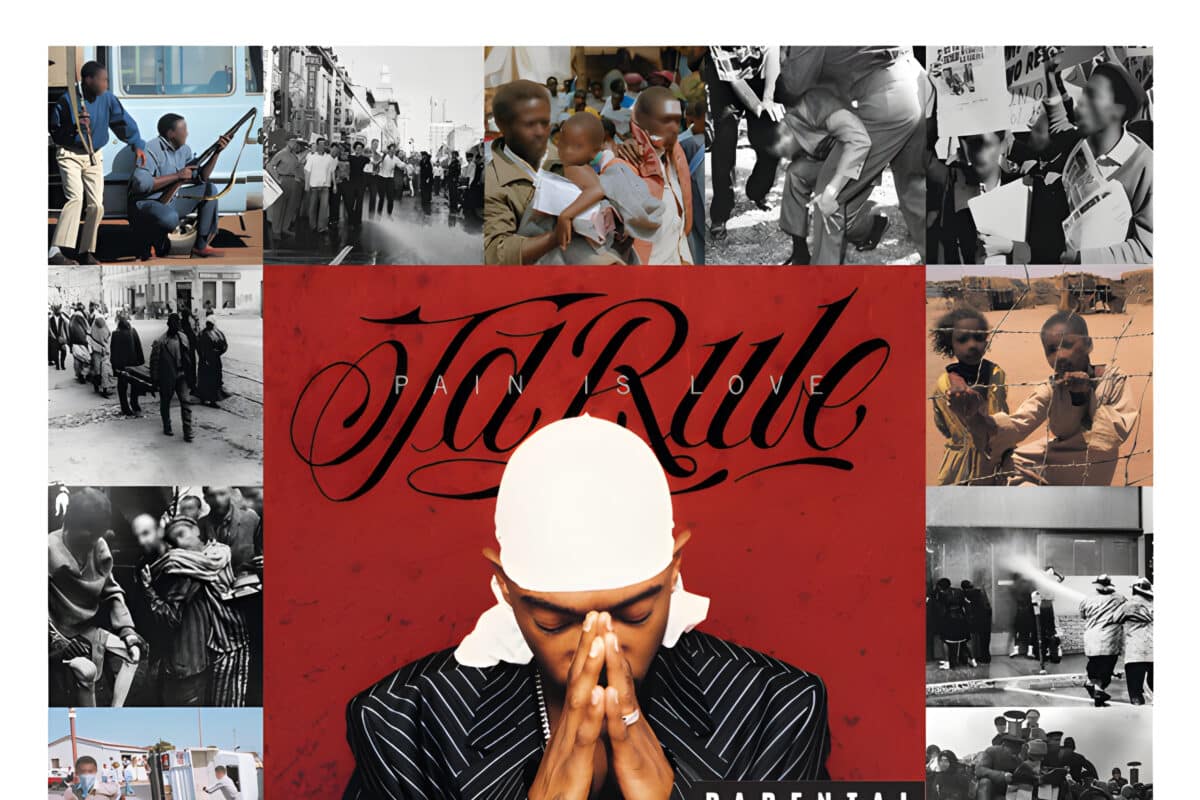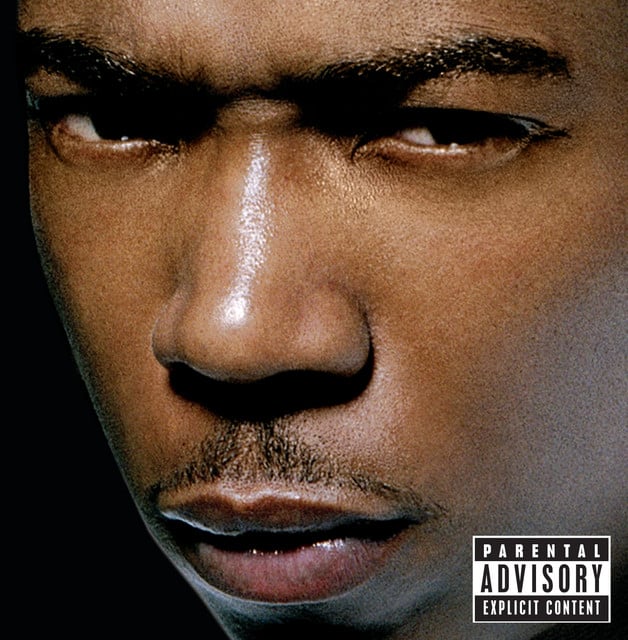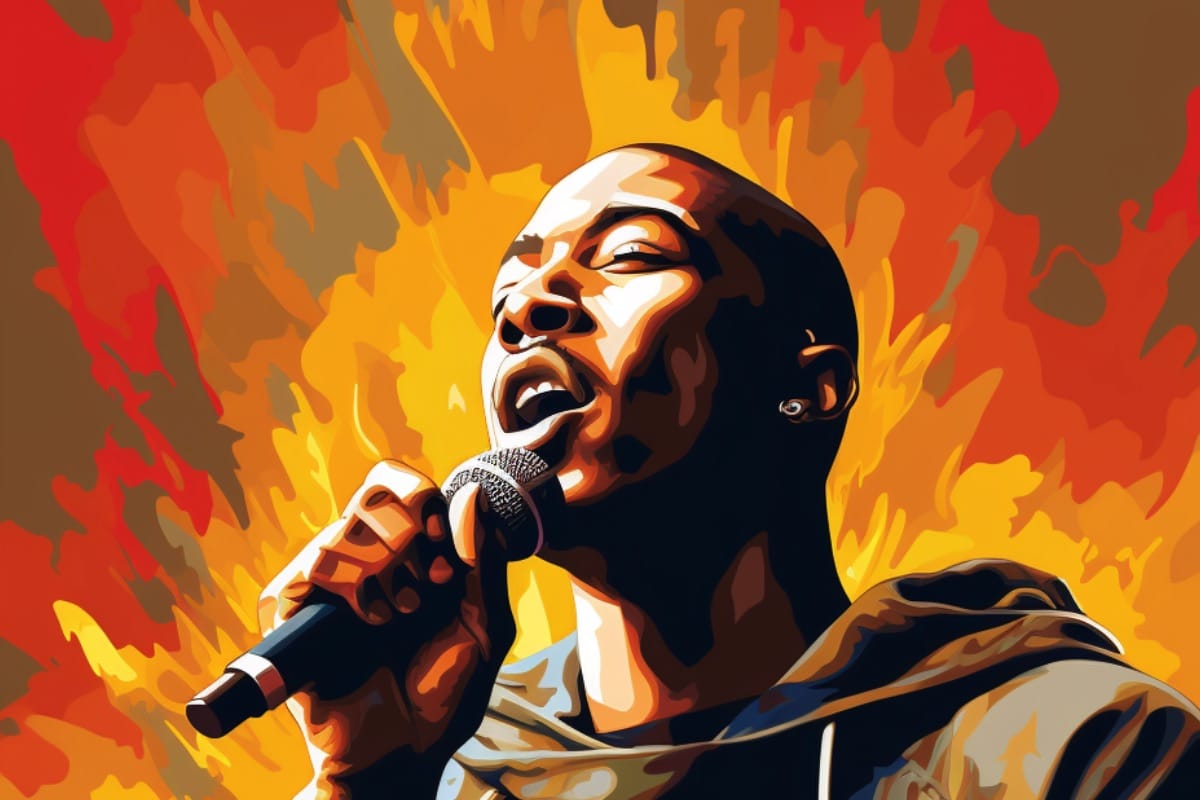Released: 2003 • Features: Ashanti
“Always On Time” is a catchy, melodic hit by Ja Rule featuring Ashanti, diving into the dynamics of a romantic relationship shrouded with miscommunication, passionate love, and the gritty realism of the rule’s street life. The song delves deep into both parties’ perspectives, examining the frustrations and desires within the unconventional love that exists in the fast-paced, often harsh world of the streets.
Running through the chorus, Ja Rule repeats the line “I’m not always there when you call, but I’m always on time,” a slick play on words reflecting his reliability in a relationship where physical presence isn’t always guaranteed. This clearly encapsulates the core tension in this song’s narrative – despite the passionate connection between the two, Ja Rule’s street affiliations and lifestyle often keep him away. Ashanti’s echoing sentiments in the chorus assert her acceptance of the situation and highlight her demand – “baby be mine”, showcasing her strong devotion towards Ja Rule.
When he raps, “Come on and get a piece of this late-night lover / You know, the one that swings dick like no other,” Ja Rule isn’t holding back. Straight raw and unfiltered, he’s asserting his sexual prowess, a common trope in hip-hop lyricism that serves to increase his desirability and position within the power dynamic of the relationship.
In the verse, “Girl, get a grip, come on, pull it together / It’s only a sunshower, we been through worse weather”, Ja Rule is metaphorically urging his partner to keep a perspective, indicating that their current strife is temporary and they have weathered worse storms in their relationship. Furthermore, when Ja Rule mentions “Money Over Bitches, Murder, I-N-C,” he’s referencing his loyalty towards his record label Murder Inc and his unyielding commitment to his hustle, implying the challenge that his partner needs to comprehend his dedication to his craft beyond their relationship.
The later verse where Ashanti sings “Oh I’m, feelin’ like ya livin’ a, double life / ‘Cause you don’t be comin’ home, sometimes” continues to underline the complexity of their relationship, communicating her frustration and confusion over the duality of Ja Rule’s life. Yet she acknowledges this perplexity rationally, recognizing that Ja Rule balances life between his street endeavors and their relationship.
Towards the end, when he states, “This pimp game is very religious / And I’m built like the Don Bishop”, it signifies his commitment to the street lifestyle and his belief in the code that guides it. The term ‘Don Bishop’ references being a leader or an alpha in the game, emphasizing his status in both the music and street worlds.
Throughout the verses, the lovers express desire, frustration, respect, and understanding, reflecting the unconventional love and challenges they face in the midst of a lifestyle punctuated by the street code and music industry demands. “Always On Time” is a piece that is as much about swagger and thug passion as it is about love’s resilience amidst street life’s exacting demands.








